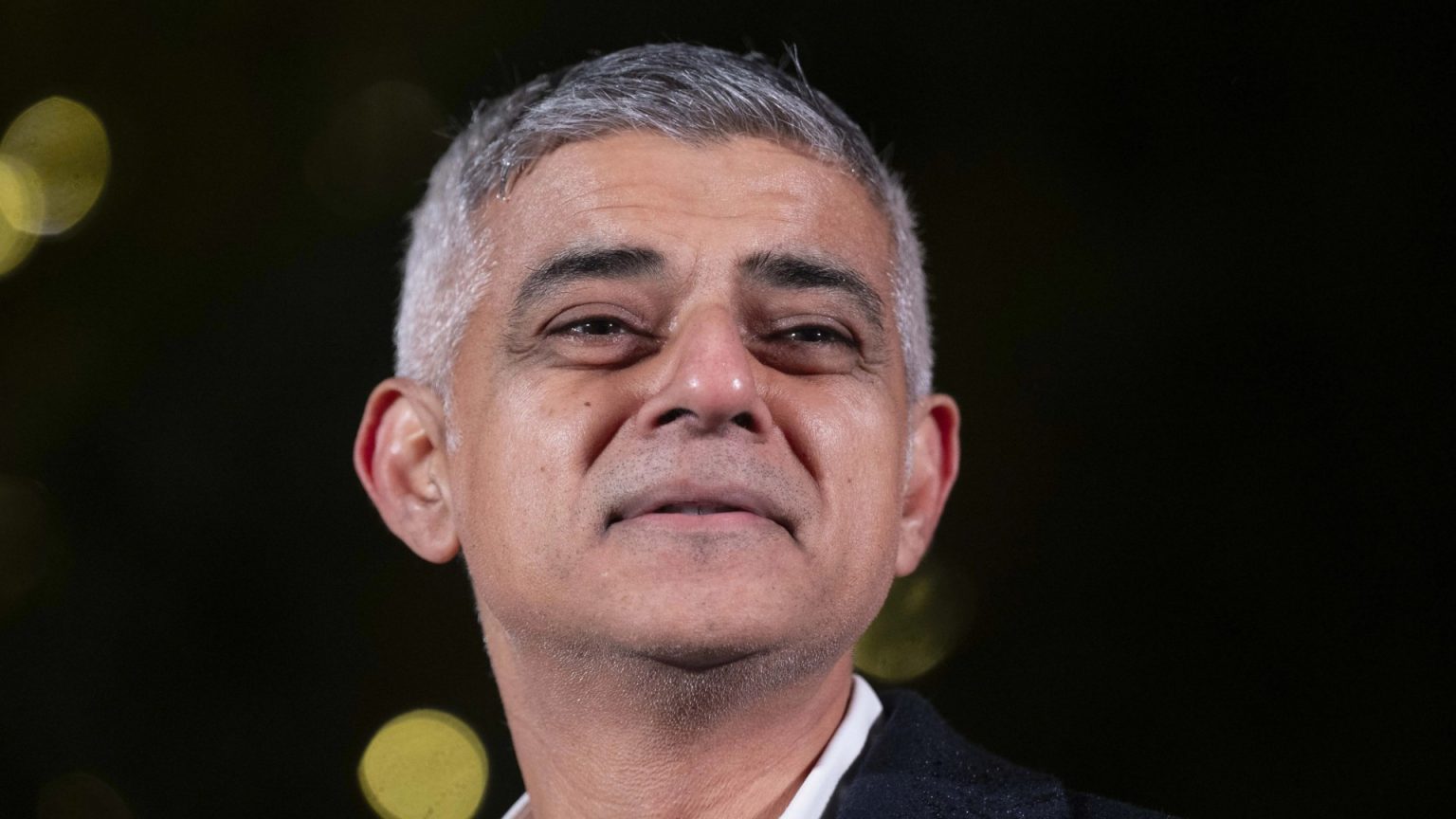Sadiq Khan’s Knighthood and the Hypocrisy of the Honours System
The recent knighthood bestowed upon London Mayor Sadiq Khan has sparked controversy, with critics pointing to a perceived disconnect between the honor and his mayoral performance. A surge in violent crime, a significant increase in the mayoral precept levied on Londoners, and policies perceived as detrimental to low-income workers, such as the Ultra Low Emission Zone (ULEZ) expansion, are cited as evidence of Khan’s failings. The author argues that Khan’s acceptance of the knighthood, a symbol of the British Empire, clashes with his previous efforts to “decolonize” London, which included renaming streets and removing statues deemed representative of a problematic colonial past. This apparent contradiction underscores a broader critique of the honours system, viewed by some as a tool for political appeasement rather than a recognition of genuine merit.
The criticism extends beyond Khan to encompass other recipients of New Year Honours, particularly those affiliated with the Labour Party. The author questions the merit of honours awarded to figures like Emily Thornberry, a former Shadow Foreign Secretary deemed unfit for a cabinet position by Keir Starmer, and Patricia Hewitt, a former Health Secretary embroiled in a lobbying scandal and linked to a controversial organization during her time at the National Council for Civil Liberties. The author argues that these appointments, along with others like Mary Bousted, a former union leader who advocated for school closures during the pandemic, and Andrew Haines, the CEO of Network Rail presiding over a period of increased train delays, demonstrate a pattern of rewarding failure and political cronyism.
The author contrasts these questionable honours with those bestowed upon deserving individuals, such as campaigners for wrongly accused sub-postmasters. However, the author argues that these legitimate recognitions are overshadowed by the prevalence of politically motivated appointments. This casts a pall over the entire honours system, reducing it to a mechanism for rewarding loyalty and mitigating the sting of dismissal rather than genuinely acknowledging exceptional contributions to society. The peerage awarded to Sue Gray, briefly Starmer’s Chief of Staff, further exemplifies this perceived misuse of the honours system.
Keir Starmer’s approach to the honours system is particularly criticized given his stated commitment to reforming the House of Lords. By awarding peerages to individuals like Sue Gray and Thangam Debbonaire, a former MP who lost her seat in a landslide election, Starmer is accused of perpetuating the very practices he claims to oppose. The author contends that this hypocrisy undermines Starmer’s pledge to renew British politics and combat corruption, instead mirroring the questionable tactics of his predecessors. The author suggests that a genuine commitment to reform would involve establishing a fully elected House of Lords rather than using peerages as consolation prizes for political allies.
The critique of the honours system extends to its inherent classism and association with colonialism, concepts that some recipients, like Mary Bousted and Emily Thornberry, have previously denounced. The author highlights the irony of these individuals readily accepting honours rooted in the very systems they claim to oppose. This perceived hypocrisy underscores a broader concern about the integrity and relevance of the honours system in a modern democracy.
The author concludes by emphasizing the missed opportunity for meaningful reform. Starmer’s decision to perpetuate the existing system, replete with its flaws and susceptibility to political manipulation, contrasts sharply with his stated aims of modernizing British democracy. Instead of addressing the fundamental issues plaguing the honours system and the House of Lords, Starmer is accused of exacerbating them, further entrenching political patronage and undermining public trust. This perpetuates a cycle where honours are perceived as rewards for political allegiance rather than genuine achievements, diminishing the value and significance of these recognitions.




